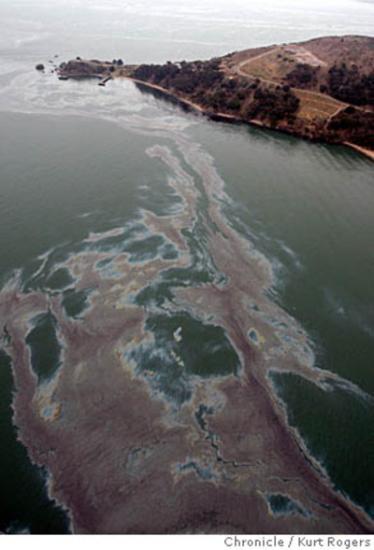Find fellowships, conferences, grants and awards deadlines, workshops and networking opportunities, crowd-sourced leads to job banks, reporting toolkits, hundreds of MOOCs and more. GO >>
Modernizing the NEPA Process in the Context of the Gulf Disaster

Compliance with the National Environmental Policy Act (NEPA) has evolved over its 40-year history into a complex process that can be difficult to decipher. This panel will briefly outline the NEPA processes surrounding approval of drilling for oil in the BP/Deepwater Horizon incident and then discuss the role of so-called "categorical exclusions."
Categorical exclusions are intended to expedite the environmental review process by excluding repetitive and low impact activities. The expansion of categorical exclusions in a variety of settings over the last decade led the President's Council on Environmental Quality (CEQ) to issue draft guidance in February seeking to reduce the instances where inappropriate reliance on exclusions would thwart the purposes of NEPA.
The public comment period ended in May, just as the issue was gaining new interest in light of the Deepwater Horizon spill, because the Minerals Management Service had granted BP an exclusion for the Macondo well.
On May 14, CEQ and Department of the Interior announced a review of MMS NEPA procedures for outer continental shelf oil and gas exploration and development with a public comment period ending June 17.
These events have generated many questions and comments about CEQ's proposed reforms. This panel will bring together interested parties from industry, government, and the environmental community to talk about the reform proposals and their potential impacts.
Moderator: James McElfish, Staff Attorney and Director, Sustainable Use of Land Program, Environmental Law Institute
Panelists:
- Monica Goldberg, Senior Attorney, The Ocean Conservancy
- Horst Greczmiel, Associate Director for NEPA Oversight, Council on Environmental Quality
- Ted Simpson, CH2M Hill













 Advertisement
Advertisement 



